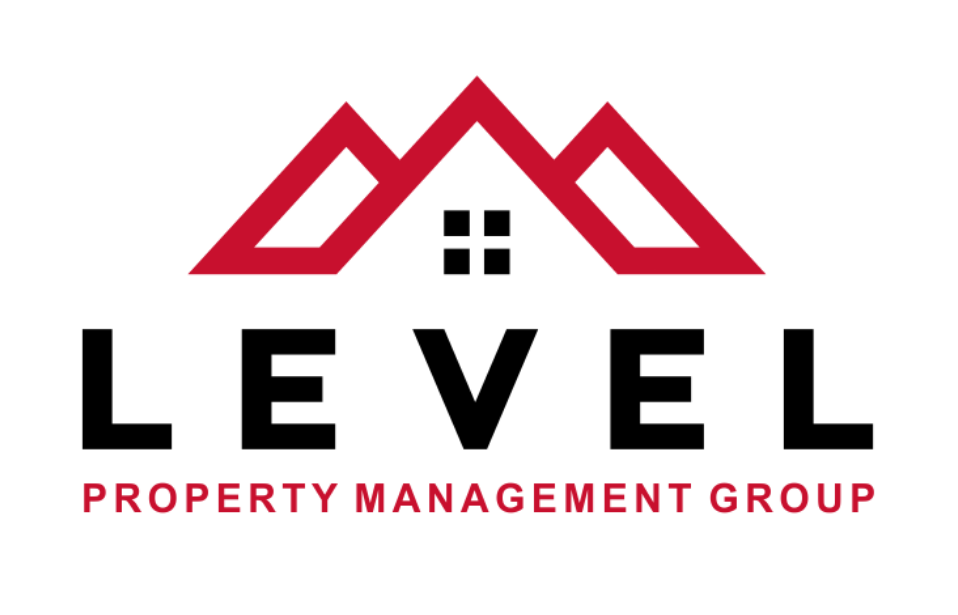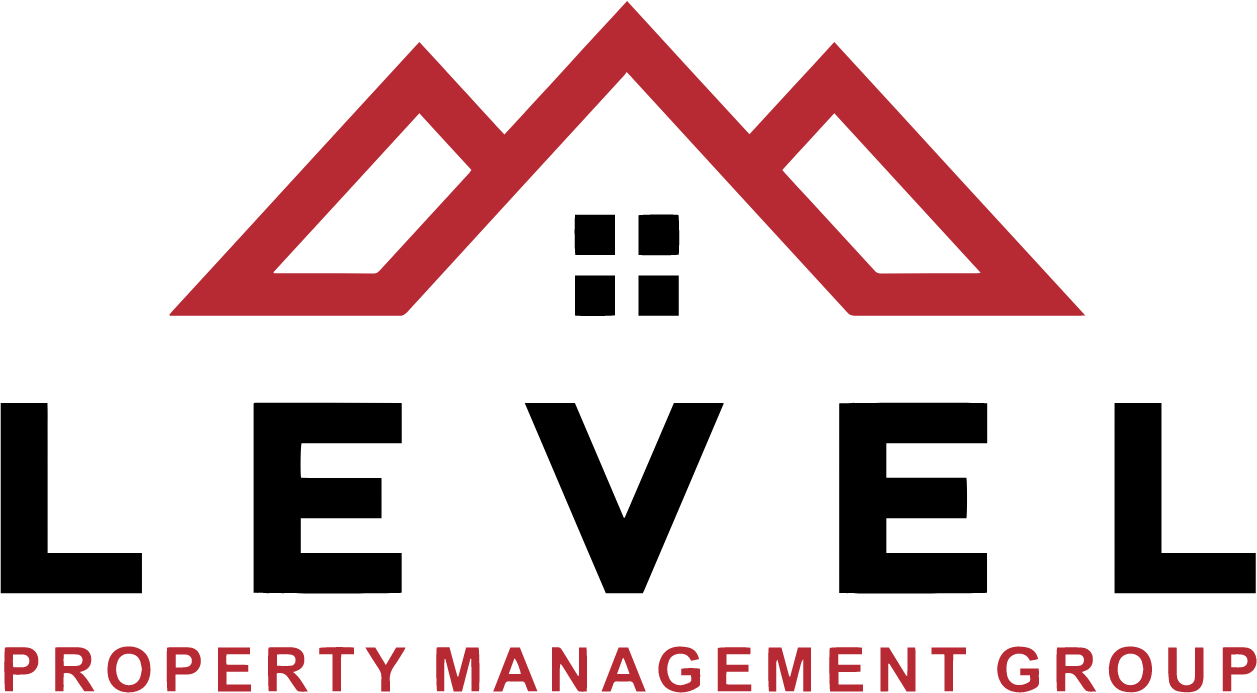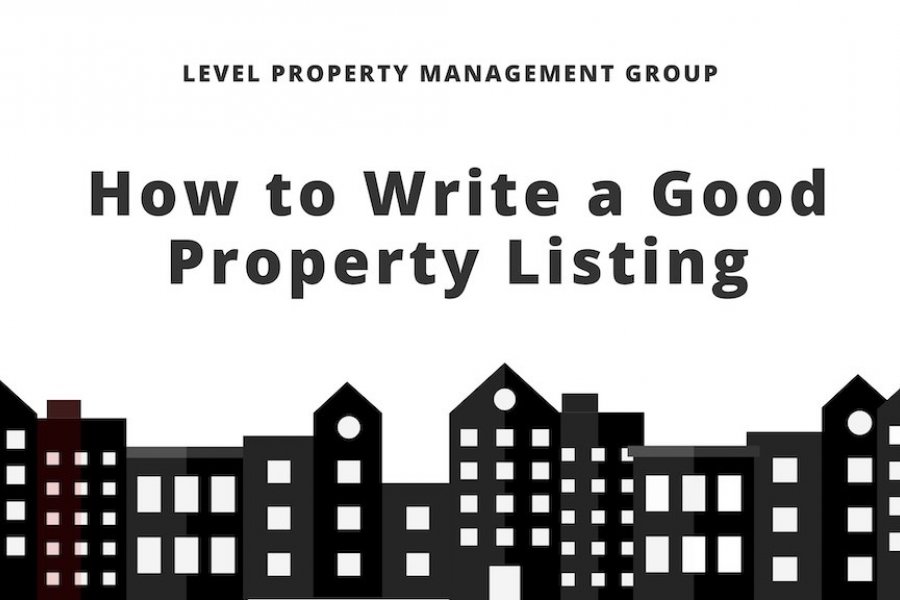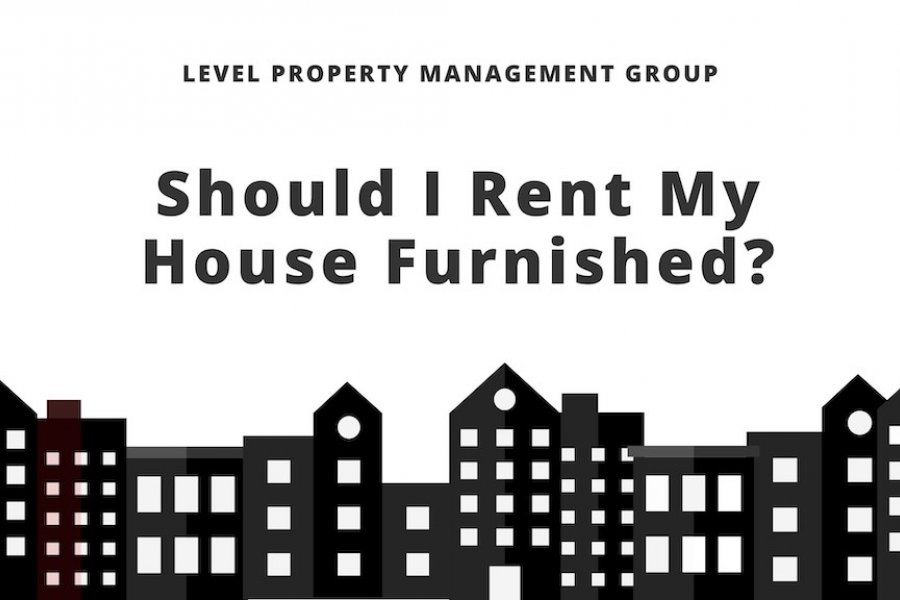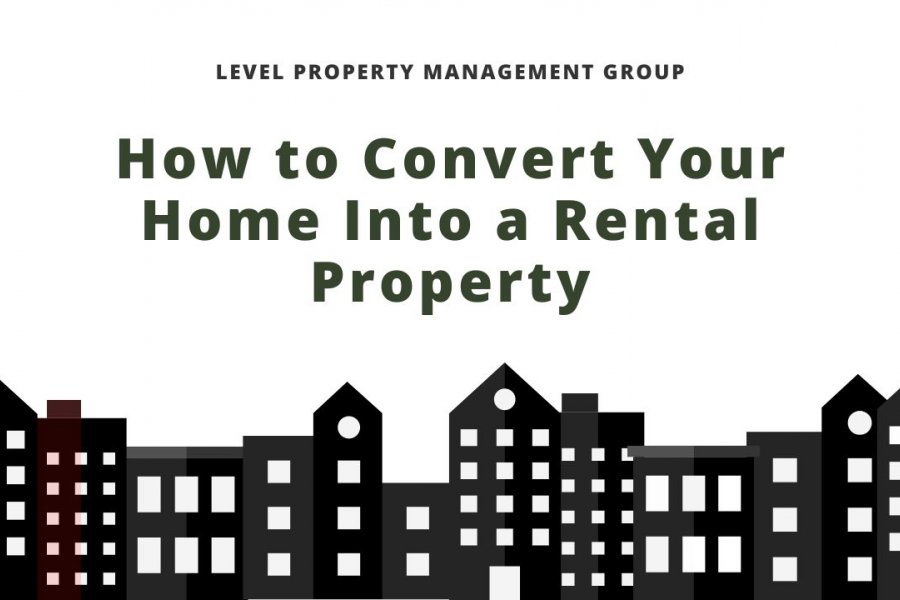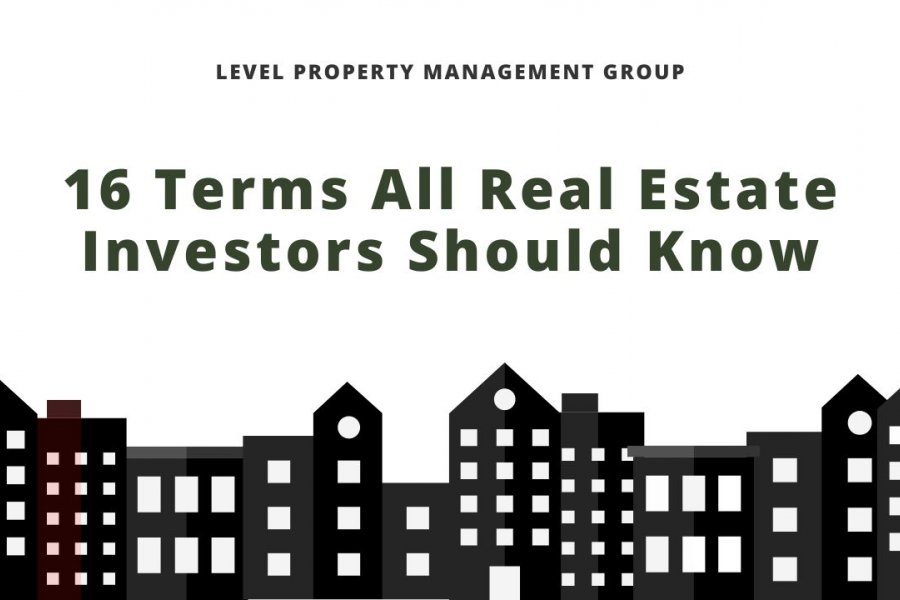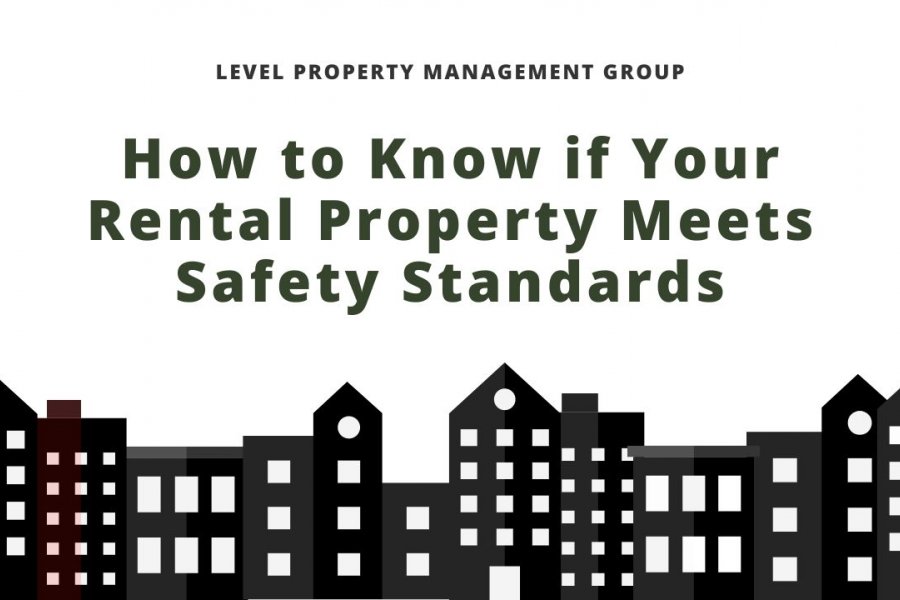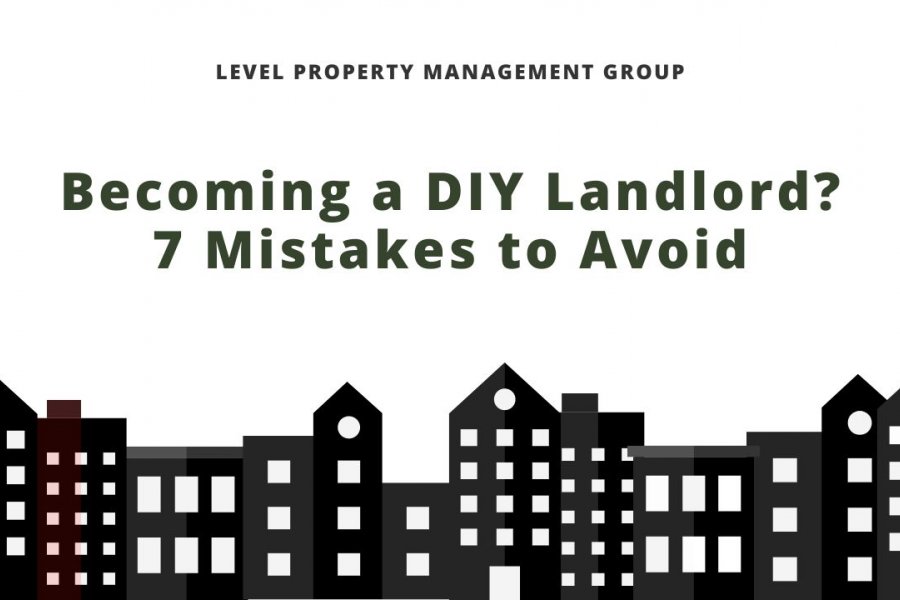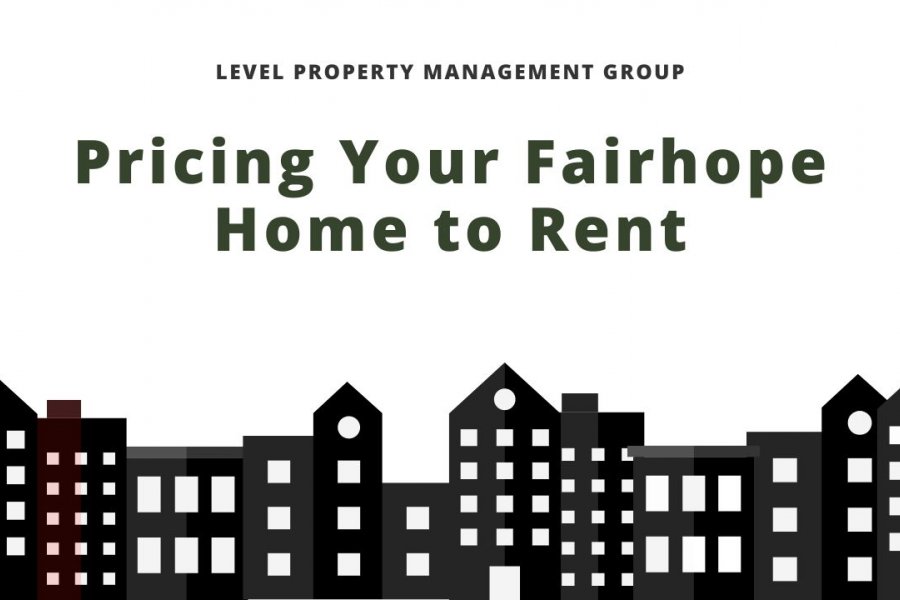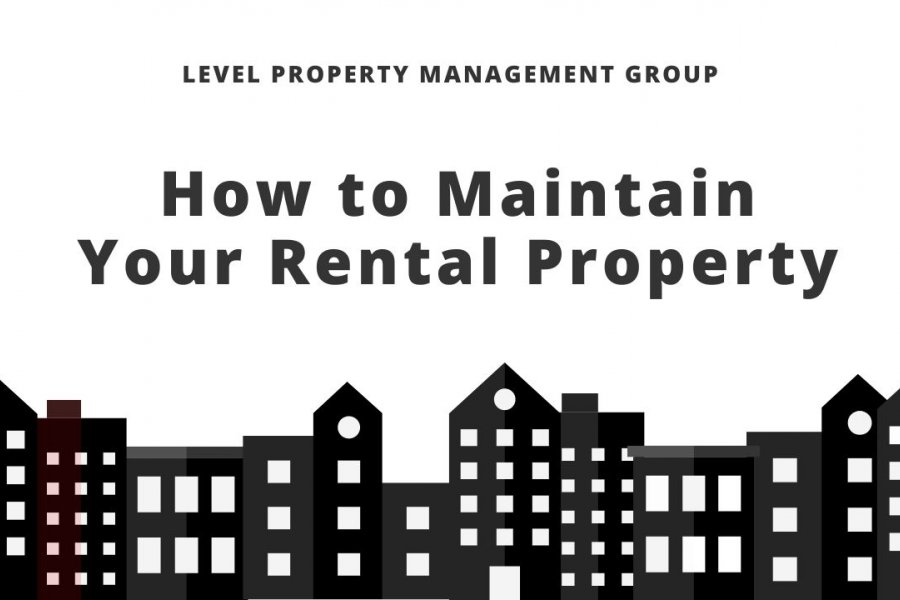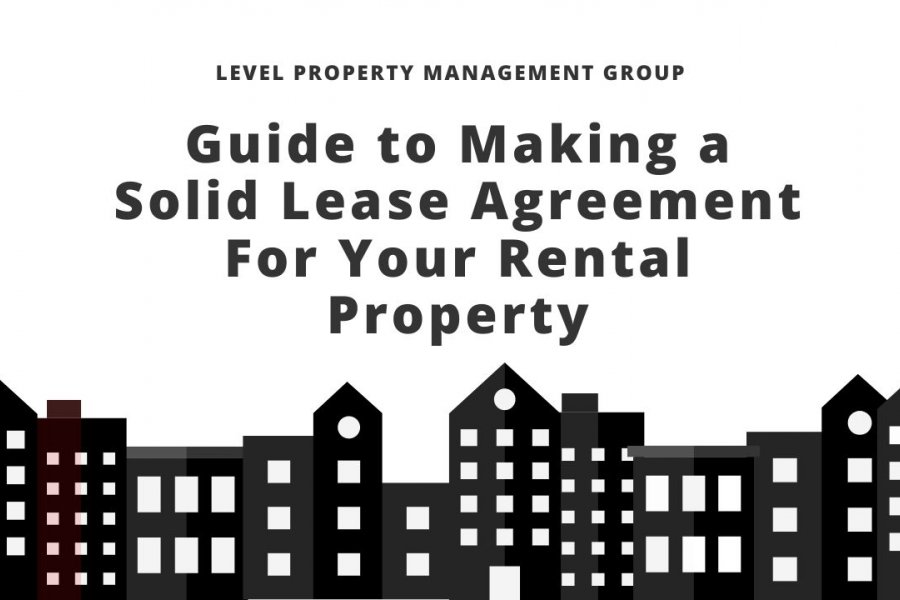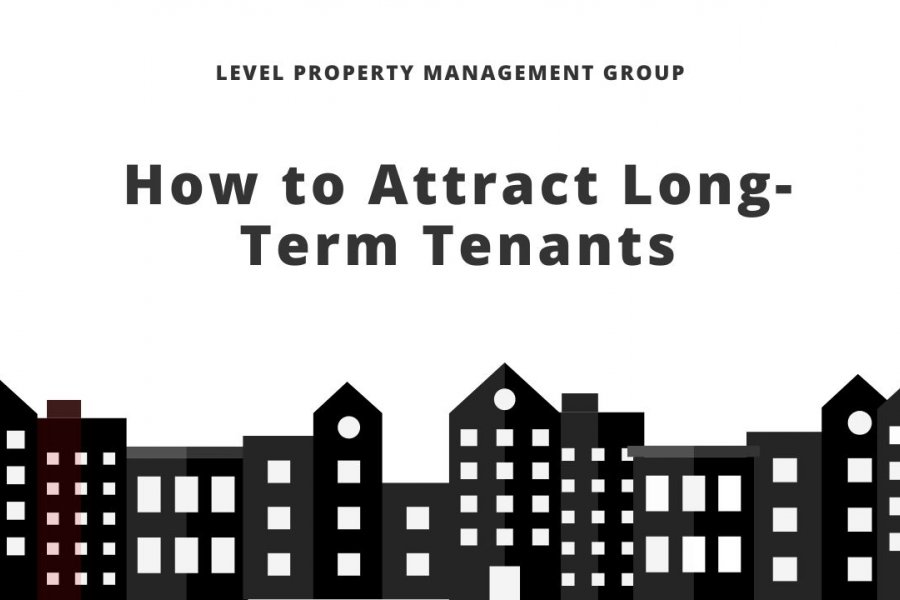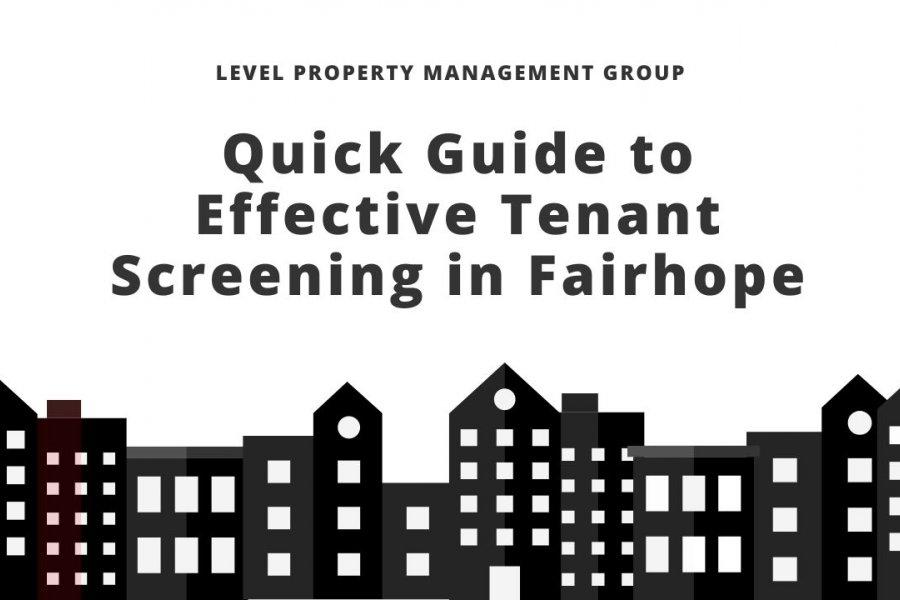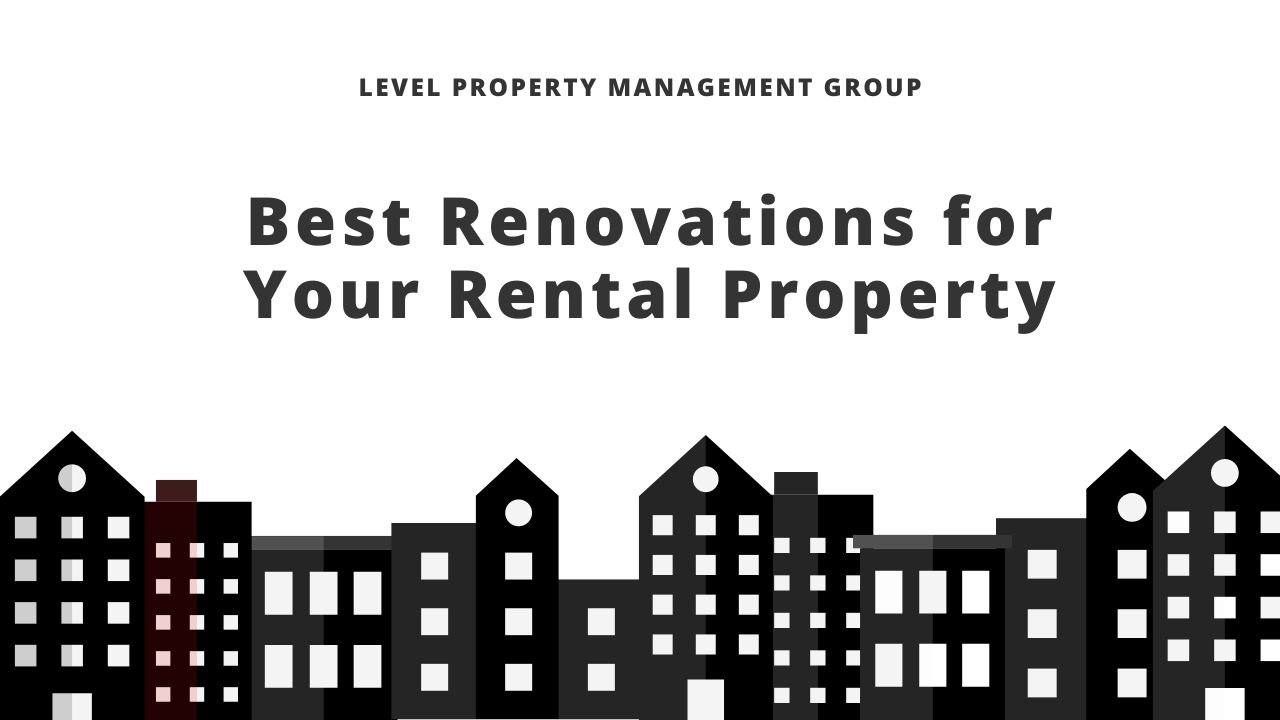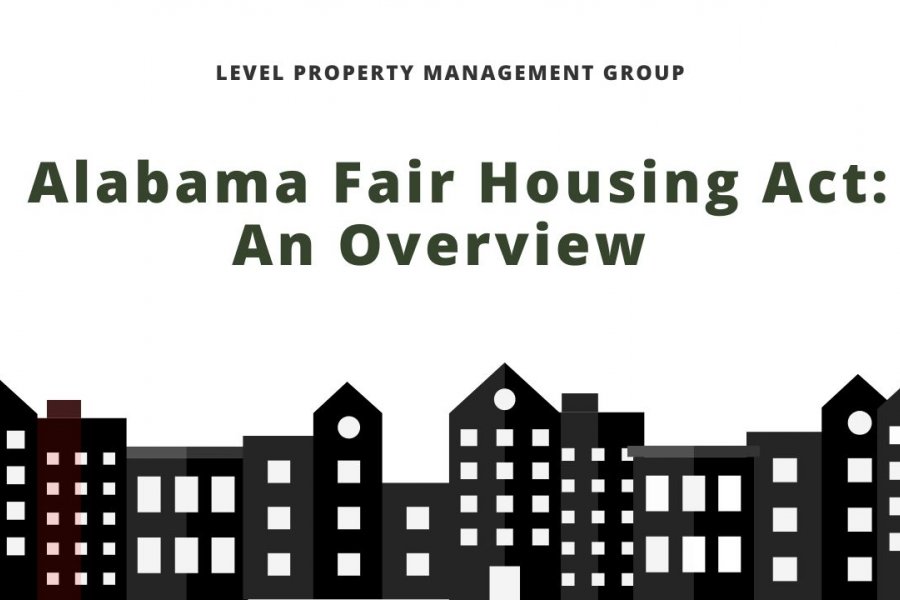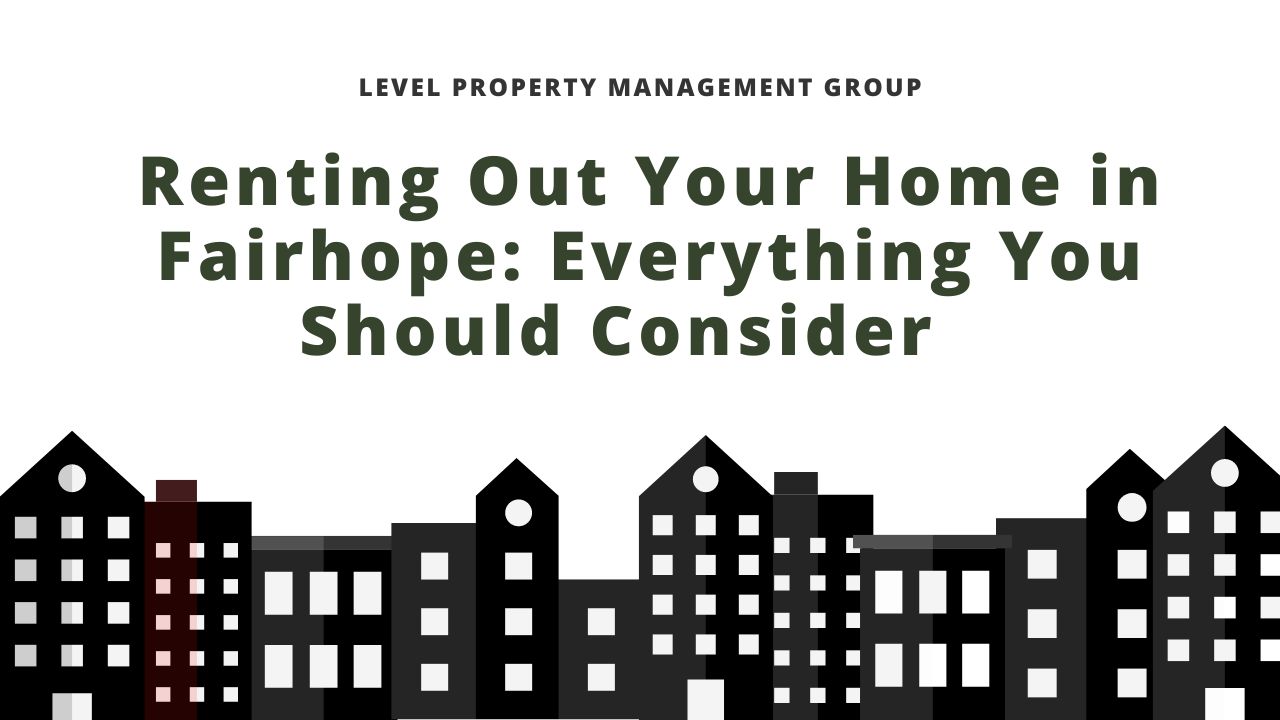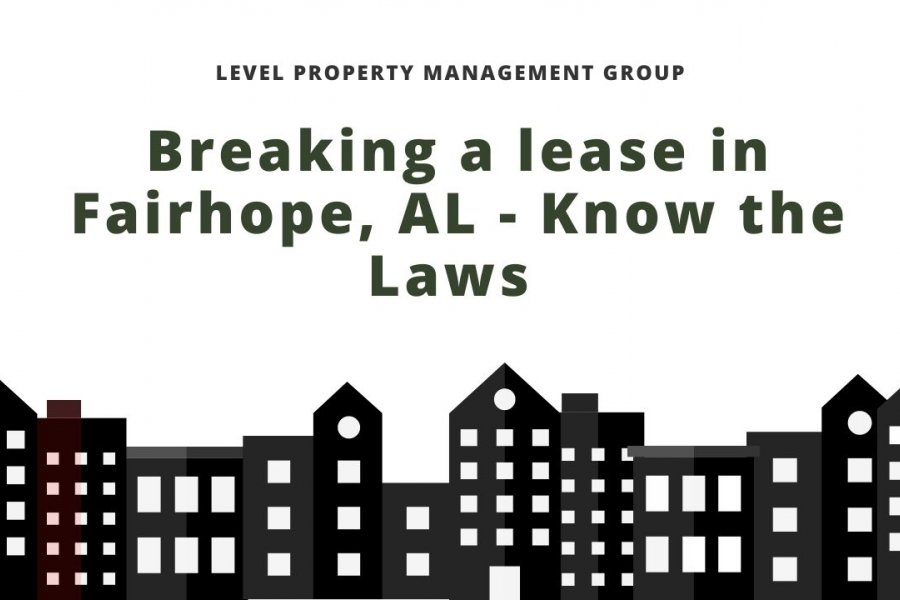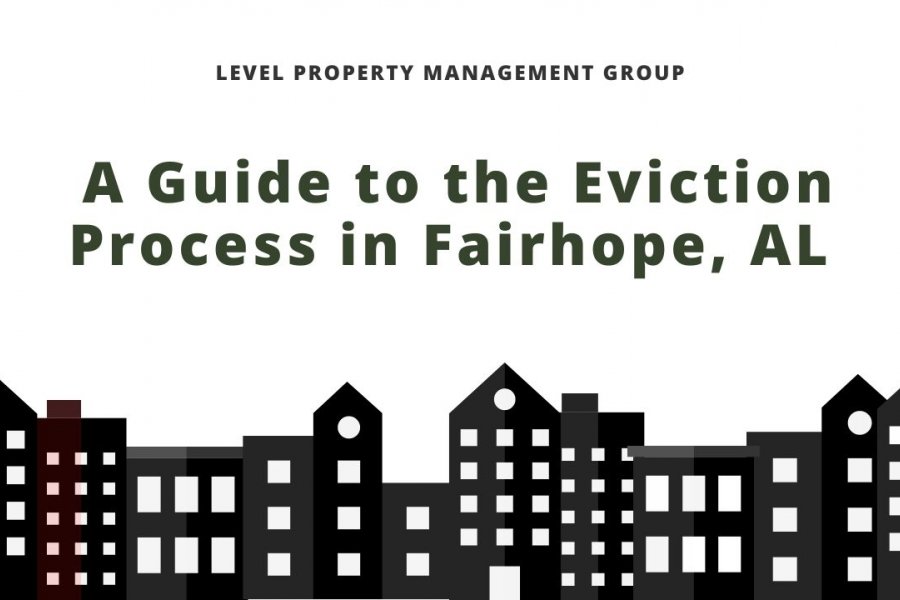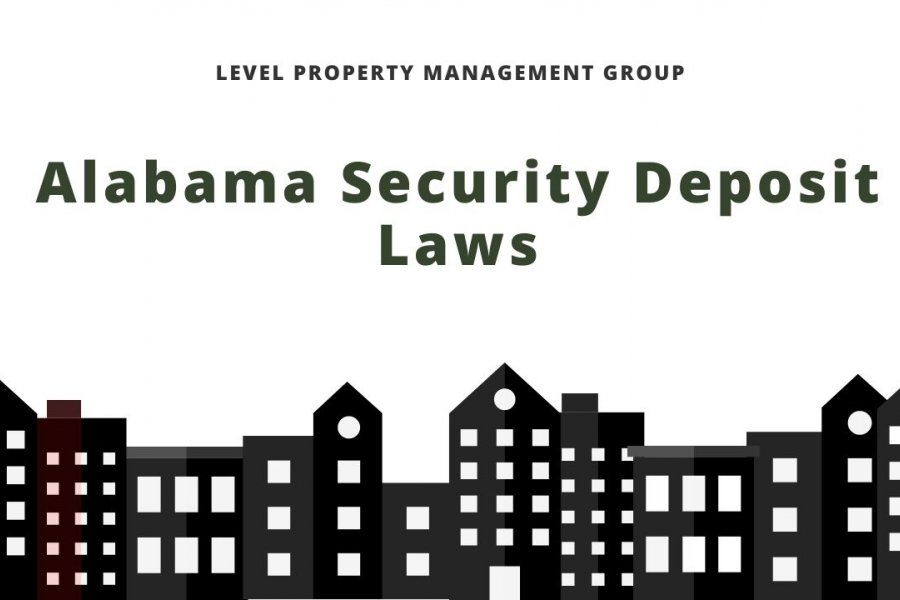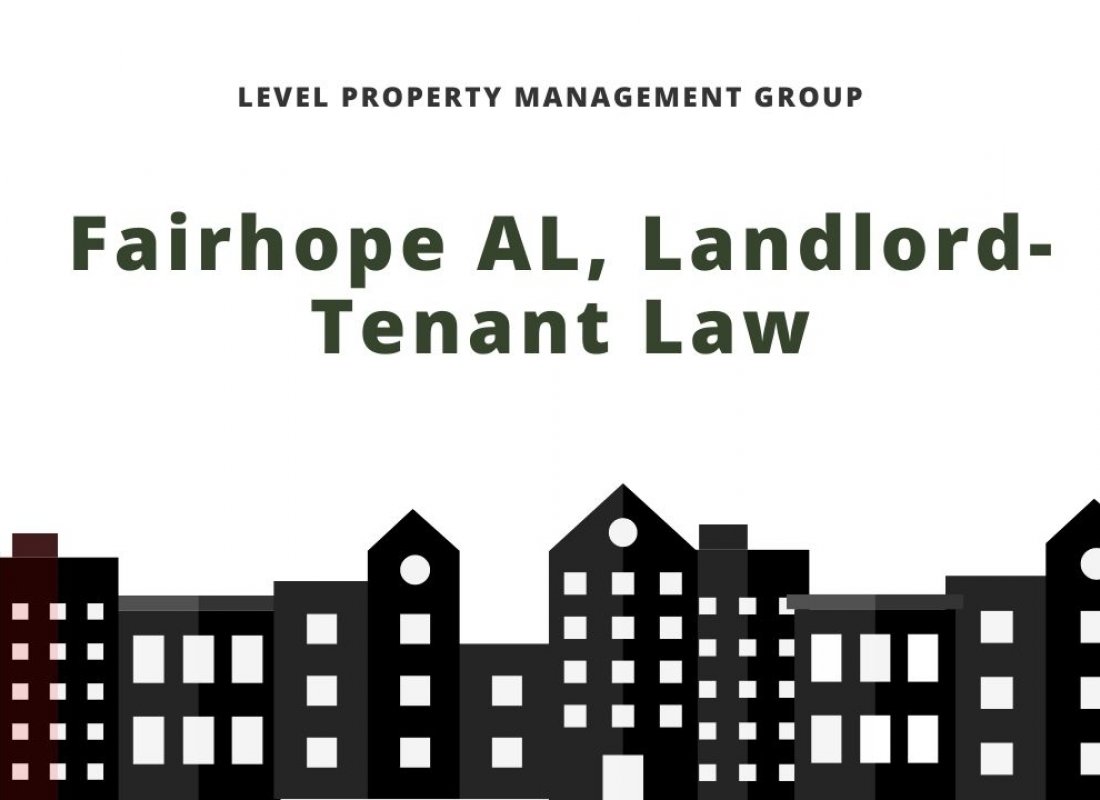(Fairhope, Daphne, Mobile, Foley, Gulf Shores, Point Clear, Dauphin Island, Baldwin County & Mobile County)

Summer is in full swing, and June brings a wave of excitement to the Gulf Coast! From beach movies and food festivals to fishing tournaments, live music, and historical reenactments, our local communities are buzzing with activity. Whether you’re here for the sunshine or the shrimp boils, there’s no better time to experience the charm and culture that make Coastal Alabama such a special place to live.
At Level Property Management Group, we don’t just manage properties—we support communities. From Gulf Shores to Fairhope and everywhere in between, we help owners protect their investments while connecting residents to the very best of Gulf Coast living. Because to us, it’s not just about the rent—it’s about creating a place where people truly feel at home.
So grab your calendar and get inspired—here’s your guide to all the fun and festivities happening in Coastal Alabama this June!
Weekly Local Markets

First Saturdays: The Daphne Market
Date: June 7
Location: 25369 US-98 E | Daphne
Get ready for a day of shopping, food, and fun at The Daphne Market, a vibrant community event packed with local vendors, food trucks, artisans, and small businesses! From handmade crafts and boutique finds to fresh produce and mouthwatering eats, this family-friendly market is the perfect place to support local makers and soak in the lively atmosphere—don’t miss it!
Saturdays: Coastal Alabama Farmers and Fishermans MarketLocation: 781 Farmers Market Lane, Foley, AL 36535
Time: 9 a.m. – 2 p.m.
Dive into the local flavor at the Coastal Alabama Farmers and Fishermen’s Market! This weekly event showcases local farms, fisheries, and small businesses offering fresh produce, seafood, and more. It’s the place to be for wholesome food and friendly faces—perfect for stocking up on delicious ingredients for your kitchen!
Sundays: Mobile Bay Maker’s Market
Dates: June 15 & 29
Location: 6925 Twin Beech Road, Fairhope, Alabama
Come out and support local makers, artisans, and farmers at this popular open market. *Please note it’s new location for the 2025 season – 6925 Twin Beech Road or at the intersection of Section Street & Twin Beech Road.
Other Local Markets
Baldwin County Farmers Markets
Special Events in May
June 1–August 8: Free Family Beach Movies
Location: East End Beach, 51 Bienville Blvd., Dauphin Island, Alabama
Bring your beach chairs, blankets, and bug spray for FREE family-friendly movies under the stars every Thursday and Friday night. Movies begin at dusk—weather permitting. Opening night kicks off with Madagascar!
June 3 – October 29: History of Gulf Pirates
Location: Gulf State Park Nature Center, 22120 Campground Rd, Gulf Shores, Alabama
Dive into tales of the pirates who once sailed our coast. This adult-focused program blends history and legend in one unforgettable storytelling session.

June 4–July 13: Pirate and Princess Summer Breakfast Live Show
Location: The Hangout, Gulf Shores
Enjoy a themed breakfast experience featuring live entertainment with pirates and princesses. Perfect for families looking for a fun and interactive dining event.

June 6: First Friday Art Walk
Location: Eastern Shore Art Center, Downtown Fairhope, Alabama
Join the community for an evening of live music, light refreshments, and featured exhibitions including photography by Leigh Ann Edmonds, paintings by Jane Newman, and pottery curated by Zach Sierke. 6–8 PM. Stop by the Ashurst Niemeyer Downtown Office for free beverages and friendly conversations.
June 6: HBA of Mobile Inshore Fishing Tournament
Location: Dauphin Island Marina, Dauphin Island, Alabama
Lines in at 5:00 AM for this beloved inshore tournament hosted by the Home Builders Association of Mobile. Great fishing and even better community vibes.

June 6–8: Annual Flora-Bama Fishing Rodeo
Location: Flora-Bama, Orange Beach, Alabama
Reel in the good times during this Gulf Coast fishing tradition. Categories for all skill levels, live weigh-ins, and plenty of beachfront fun.

June 6–7: World Championship Turkey Calling Contest
Location: Mobile Convention Center, 1 South Water St., Mobile, Alabama
Watch pros of all ages compete for world titles using air and friction calls. Free admission. Held at the original home of the championship—Mobile!
June 7: Manatee Habitat Cruise
Location: Departs from Mobile Convention Center
Time: 9:00–11:30 AM
Cruise Mobile Bay and Dog River with experts from Blakeley State Park and Dauphin Island Sea Lab to explore the rare habitat of manatees in our coastal waters.

June 7: WWII Living History Drill
Location: Battleship Memorial Park, 2703 Battleship Pkwy., Mobile, Alabama
From 8 AM–3 PM, step into WWII history with live reenactors aboard the USS ALABAMA and USS DRUM. Don’t miss the simulated “Call to Battle Stations” experience at 1 PM!
June 14: Home & Food Expo
Location: Bay Minette
From 8 AM to 2 PM, discover the latest in home improvement and culinary delights. This expo features a variety of vendors showcasing home products, cooking demonstrations, and food tastings.
June 14: 9th Annual Corn Festival
Location: Coastal Alabama Farmers & Fishermen’s Market, Foley, Alabama
Kick off your summer with sweet corn everything—live music, fresh produce, vendors, and family fun starting at 9:00 AM.

June 14: The Salty Shuffle Charity Poker Run
Location: Gulf Shores
Participate in this charity poker run by boat, supporting local causes while enjoying a day on the water with friends and fellow boating enthusiasts.
June 16, 18, 23, 25: Summer Strings with the Mobile Symphony (Fairhope Series)
Location: Fairhope (Exact venue TBA)
Enjoy community music and free summer string performances by the Mobile Symphony each Monday and Wednesday throughout the month.
June 17, 19, 24, 26: Summer Strings with the Mobile Symphony (Mobile Series)
Location: Mobile (Exact venue TBA)
Tuesday and Thursday string sessions featuring community musicians from the Mobile Symphony throughout June.

June 17: Air Race Classic 2025
Location: H.L. “Sonny” Callahan Airport, Fairhope, Alabama
Time: 7:00–8:30 AM
Cheer on female aviators from across the country as they launch from Fairhope in this legendary all-women’s cross-country air race.
June 20–21: 2nd Annual Mobile Bay Street Rod Nationals
Location: Greater Gulf State Fairgrounds, Mobile, Alabama
Gear up for two days of vintage rides, hot rods, swap meets, and classic car culture. Fun for auto fans of all ages!

June 26–28: Shark Fest 2025
Location: Gulf State Park Fishing & Education Pier, Gulf Shores, Alabama
It’s all things shark! Enjoy shark-themed exhibits, educational activities, hands-on experiences, and maybe even a glimpse of the real deal from the pier.
June at OWA Theater
Saturday, June 14
Satisfaction: The International Rolling Stones Tribute Show
Friday, June 20
The Olivia Show: A Tribute to Olivia Newton-John & Grease
Featuring Sabrina Plaisance Sia
Saturday, June 21
Summer Movies: Xanadu (1980 Film)
More Events Around the Eastern Shore
For a comprehensive list of events happening around Mobile and Baldwin County, visit the Eastern Shore Chamber of Commerce events calendar.
As we wrap up our journey through the vibrant activities and events in Fairhope, Daphne, Mobile, Foley, and beyond, it’s clear that this region is not just about finding a house; it’s about discovering a community that feels like home. From lively performances to charming local festivals, there’s always something happening that brings people together. These experiences create lasting memories and connections that truly define what it means to belong.
Get in Touch!
So, if you’re ready to soak up the sunshine, good vibes, and unforgettable experiences that make our Gulf Coast communities shine, we’re here to help you feel right at home. Whether you’re a property owner looking for trusted management or a resident searching for the perfect place to land, Level Property Management Group is your go-to local expert.
Contact us today to find a rental that puts you right in the heart of all the fun—and let’s make the most of life on the coast, together.
